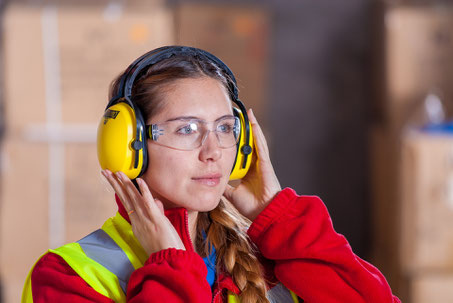
Often, we discuss that our children are going to need a different set of competences. Different to what we used to learn in school or at university. The digitalization might bring us to the post industrial era. How so? In the following article I am going to take a few minutes and to try explain. But the source of all changes are the modernization and the digitalization …
An industry without people?
During the last week I attended two interesting conferences about the future of education. Both conferences agreed on one thing: The changes of the skill set required is going to effect not only the various teaching approaches but also the labor market itself. My inspiration in that regard derives from the car manufacturer Tesla. The cars are manufactured solely by robots while you cannot find human beings during the manufacturing process on the floor. One could argue that robots are going to perform monotonous tasks almost exclusively in the years to come. The <<advantages>> are obvious. Machines ought to work more precisely, there are no limits when it comes to working hours and human beings avoid dangerous jobs.
We need to reinvent ourselves!
Consequently, the nature of the human contribution to any manufacturing process is going to change. While machines will take over monotonous tasks, the human work force will switch to more qualified jobs. And during this process of educating our children, the digitalization is going to play a bigger role that before.
It will solve a very old paradox in education: Up to now, personalization and equal education for everyone did not seem to go hand in hand. Enter the digitalization! Digitalized teaching approaches guarantee that certain standards ought to be met while providing students with individual learning material. That way a teachers can cater to the individual needs of his students more effectively.
Are we really prepared for that?
The de-personalization of the labor market in not so qualified areas is going to have severe consequences. Trade unions are going to shift their focal point of their work or lose it for that matter. The classical blue-collate worker will disappear over the next decades and the educational system is going to be confronted with new challenges as more people than before are going to need good education. Industry corporations are going to seek potentials of increased efficiency in the area of labor and trade deals like CETA accelerate these developments as corporations compete on a level playing field. So, politics, society and education need to be prepared for that …
